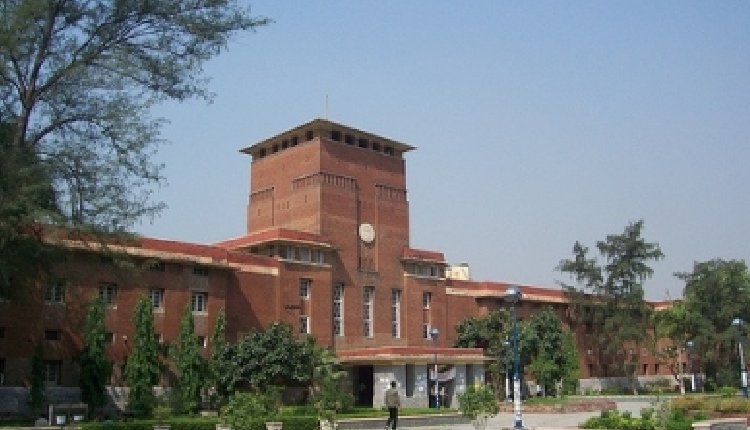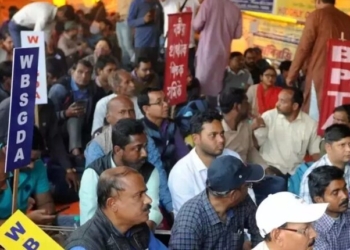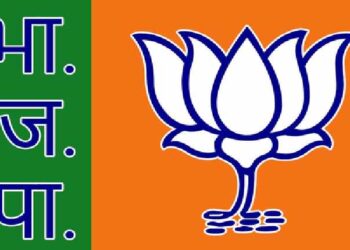New Delhi: The Delhi High Court has ruled that the Centenary Chance exams offered by Delhi University (DU) are not a matter of right for former students.
These exams, which allow ex-students an opportunity to retake and clear papers they previously failed, are governed by academic policy, it held.
Justice C. Hari Shankar stated: “Unfortunately, the decision to grant a Centenary Chance, and the terms in which such chance is to be granted, are matters which belong to the realm of pure academic policy.”
The court said that neither the candidates who failed to clear all papers within the maximum span period of their course have a right to seek additional chances, nor does the DU have an obligation to provide them.
The judgment upheld a DU notification issued on April 1 for the “Centenary Chance Special Examination Phase II,” which allowed former students to re-appear for a maximum of four papers, and dismissed a plea by Chhavi, a former student of the Campus Law Centre (CLC) who had cleared only 16 out of 30 papers during her LLB course from 2009 to 2012.
The court noted that the first notification for Centenary Chance exams, issued on May 1, 2022, did not specify any limit on the number of papers that could be reattempted. However, the subsequent notification imposed a restriction of four papers, which Chhavi contested.
Rejecting her plea, Justice Shankar clarified that both Centenary Chances were discretionary benefits provided by DU as part of its centenary celebrations, not enforceable rights.
“The terms on which such a benefit was to be extended to ex-students were also, therefore, a matter entirely within the DU’s province and exclusive discretion,” he held.
The court found that the impugned notification was a legitimate policy decision taken by the DU for valid reasons.
“If DU decided to allow all the papers to be re-attempted in the First Centenary Chance, and restricted the Second Centenary Chance to four papers, it was no more than legitimate exercise of the discretion vested in the DU in that regard,” the court observed.
Justice Shankar concluded that no case of arbitrariness or invalidity of the DU policy was demonstrated in the writ petition or during oral arguments.
“In such matters, this court is of the view that even issuing of notice must be circumspect. If academic bodies are made answerable to the court regarding every policy decision that they take, it would severely affect their autonomy and freedom of administration,” the court stated.
(IANS)
















